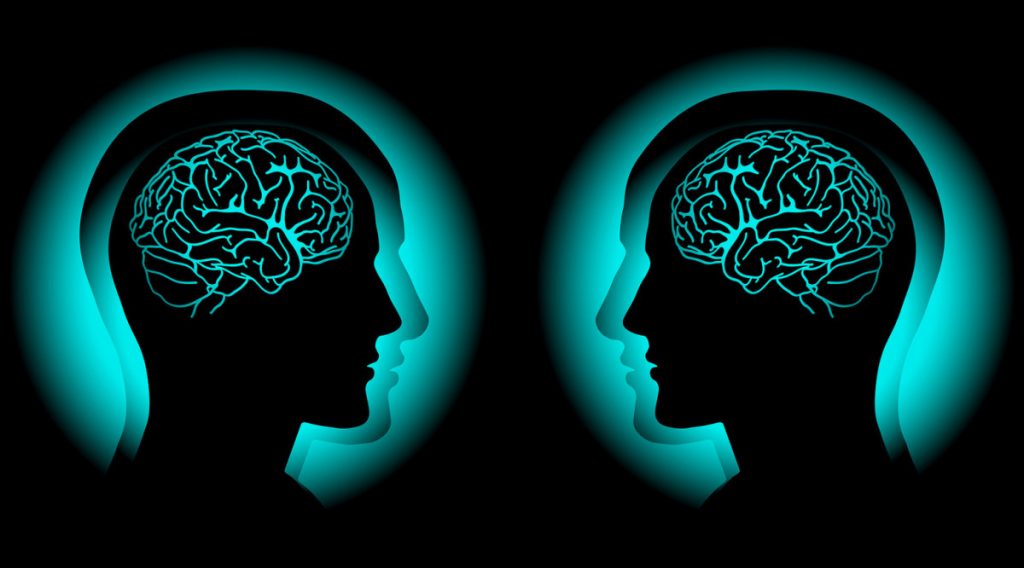
The Enigma of ESP: A Scientific Exploration
Extra-sensory perception (ESP) has captivated the human imagination for decades, often finding its place in pop culture, paranormal literature, and late-night talk shows. The concept of ESP implies the ability to acquire information through channels beyond our ordinary senses. While it may seem like the stuff of science fiction, this phenomenon has been the subject of rigorous scientific inquiry. In this blog, we will delve into the intriguing world of ESP and examine whether there is any scientific basis for its existence.
A Brief Overview
ESP encompasses various phenomena, including telepathy (mind-to-mind communication), clairvoyance (perceiving distant or hidden events), precognition (knowing future events), and psychokinesis (the ability to move or manipulate objects with the mind). The idea that some individuals possess these extraordinary abilities has sparked endless debates and investigations.
The Skeptical Perspective
Skepticism towards ESP is deeply rooted in the scientific community, primarily because empirical evidence supporting its existence remains scant. Critics argue that most claims of ESP can be attributed to chance, selective memory, or the power of suggestion. They maintain that extraordinary claims require extraordinary evidence and that, thus far, such evidence has been lacking.
One of the most famous debunkers of ESP was James Randi, a magician and escape artist. Randi offered a one-million-dollar prize for anyone who could demonstrate their paranormal abilities under controlled conditions. Despite many claimants, the prize remained unclaimed, casting doubt on the existence of ESP.
The Scientific Approach
While skepticism is healthy in scientific inquiry, it is equally essential to approach unconventional phenomena with an open mind. Some researchers have attempted to explore ESP scientifically, and although conclusive evidence remains elusive, some intriguing findings have emerged.
Meta-Analysis of Experiments
Meta-analyses have been conducted to pool the results of numerous ESP experiments. While individual studies might not provide convincing evidence, combining the data from multiple experiments can yield statistically significant results. Some meta-analyses have suggested a small but consistent effect in favor of ESP, challenging the notion of pure chance.
However, critics argue that these meta-analyses may suffer from publication bias, where positive results are more likely to be published than negative ones. They also raise concerns about the quality of the experiments and the potential for experimenter bias.

Ganzfeld Experiments
Ganzfeld experiments are among the most well-known ESP research endeavors. In these experiments, a “receiver” is placed in a state of sensory isolation (usually by covering their eyes and ears with halved ping-pong balls and playing white noise) while a “sender” tries to transmit a target image or word telepathically.
Some studies have reported statistically significant results in favor of ESP in Ganzfeld experiments. However, methodological issues, such as the potential for sensory leakage or inadequate randomization, have been raised as potential explanations for these findings.
Quantum Physics and ESP
The intersection of quantum physics and ESP is a topic of fascination for some researchers. Quantum entanglement, a phenomenon where particles become correlated in ways that cannot be explained by classical physics, has led to speculation about the possibility of interconnected minds. Some argue that quantum entanglement could provide a scientific basis for telepathy or other forms of ESP.
However, it’s important to note that this remains highly speculative, and mainstream physics has not embraced the idea of quantum entanglement as an explanation for ESP. Quantum phenomena are typically confined to the microscopic realm and have not been demonstrated to influence macroscopic events like telepathic communication.
Anomalous Psychological Experiences
Some researchers suggest that ESP might be better understood as a form of anomalous psychological experience rather than a purely paranormal phenomenon. They argue that some individuals might have heightened sensitivity to subtle cues, allowing them to pick up on information that escapes ordinary perception.
This perspective draws parallels with the concept of intuition, where individuals make decisions based on the subconscious processing of information. While this interpretation may not conform to the traditional idea of ESP, it does offer a more scientifically grounded explanation for seemingly paranormal experiences.
Conclusion
The scientific basis for ESP remains elusive and highly debated. While some experiments and meta-analyses have suggested statistically significant results, these findings are often met with skepticism due to methodological concerns and the lack of a replicable, robust effect. Furthermore, no underlying mechanism for ESP has been identified that fits within our current understanding of physics and neuroscience.
In the end, the question of whether there is a scientific basis for ESP remains unanswered. While some individuals firmly believe in its existence, the majority of the scientific community awaits more rigorous and compelling evidence. Until then, ESP remains a tantalizing enigma, a subject of ongoing investigation, and a source of fascination for those intrigued by the boundaries of human perception and cognition.
You May Also Like

Unraveling the Aphrodisiac Enigma: Separating Fact from Fiction
2024-01-09
5 Rare Mental Conditions You Never Heard Of
2022-03-07


